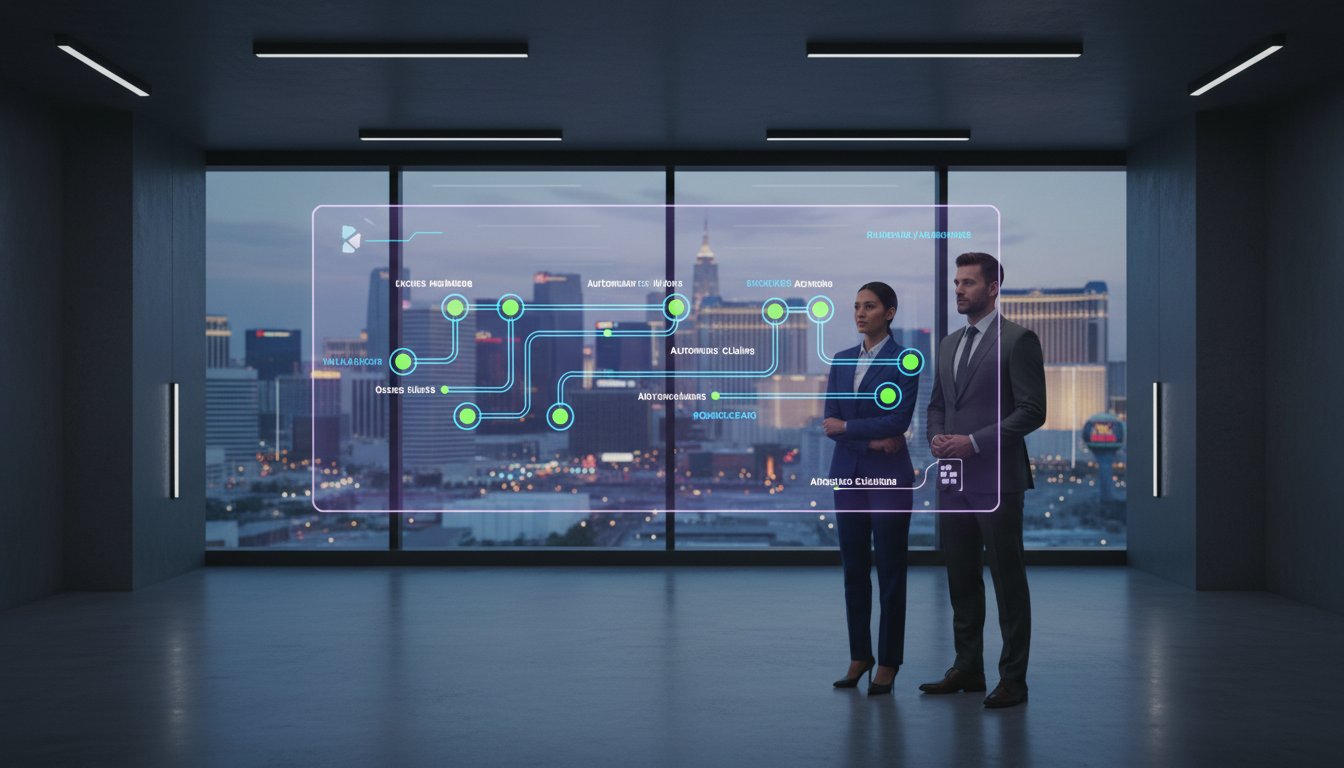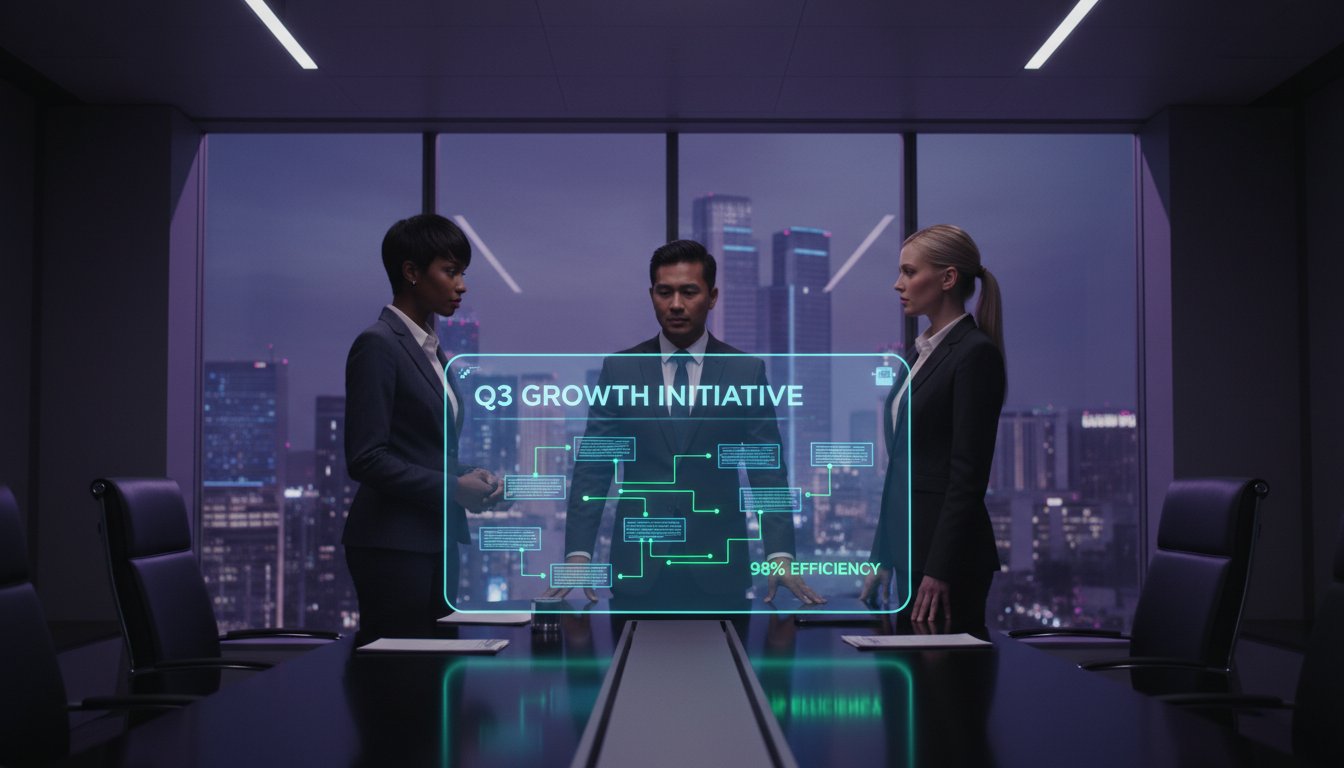Customer service leaders count on a year of business transformation justified by the power of today’s AI. Yet 2026 not be that year. Instead of dazzling transformation, the year ahead will be defined by gritty, foundational work — the kind that rarely makes headlines but is essential to realizing AI’s long-term promise.
Forrester’s 2026 predictions reveal a sobering truth: While the vision of AI-first customer service is compelling — autonomous operations, specialized human agents, and seamless self-service — most organizations are not yet equipped to deliver it.
The Reality Check: AI’s Operational Demands
Organizations have eagerly embraced vendor promises that AI will empower customers to self-serve on their terms, increasing customer satisfaction and containing costs by reducing the reliance on human agents. This vision is hard to achieve because scaling AI across customer service functions exposes operational gaps. Forrester predicts that in 2026, service quality will dip as companies wrestle with the complexity of AI deployment and the need for robust change management.
To move forward, organizations must simplify their tech stacks, consolidate vendor relationships, and rework outdated processes. They’ll also need to invest in enterprise data quality and optimize knowledge bases — all while fostering cultures that can absorb and adapt to the pace of AI innovation.
Prediction 1: Self-Service Success Will Rise — For Some
Forrester predicts that one in four brands will see a 10% increase in successful simple self-service interactions by the end of 2026. This rise is driven by growing trust in generative AI (as 78% of AI decision-makers agree) – paving the way for broader deployment of chatbots and intelligent voice agents (IVAs).
These gains will be modest but meaningful. We expect daily agent workloads to drop by an average of one hour as AI automates narrow tasks like FAQs. Still, customer service leaders must tread carefully. Over-automating complex (and emotional) inquiries will frustrate customers and erode satisfaction.
Prediction 2: AI Agents Will Flood Call Queues
A new challenge looms: consumer-developed AI agents. Designed to complete simple tasks — entering sweepstakes, buying tickets, signing up for samples — these agents will overwhelm brand call centers as they multiply through self-learning reinforcement.
Forrester expects at least three major brands will experience single-day call volume spikes 100 times above normal, on six separate occasions. These surges won’t be malicious like DDoS attacks, but the impact will be the same. Tech providers will scramble to implement bot and agent management solutions like DataDome or HUMAN to detect provenance and intent, and to route requests appropriately.
Prediction 3: AI Talent Will Reshape Service Organizations
As AI becomes integral to customer service delivery, organizations will restructure their teams to support it. Forrester predicts that 30% of enterprises will create parallel AI functions that mirror human service roles. These will include managers to onboard and coach AI agents, operational teams to optimize AI performance, and specialists to “unblock” AI when it falters.
Leaders must begin scoping these roles now and plan for to evolve their workforces – by training, reskilling, and/or hiring new talent.
The Bottom Line
2026 won’t be the year that AI transforms customer service operations. Instead, it will be the year of hard work — of simplifying, restructuring, and preparing. The organizations that embrace this reality will be best positioned to deliver the AI-first experiences customers increasingly expect.
Forrester clients can read all five of our predictions in our Predictions 2026: Customer Service report. You can also schedule a guidance session or inquiry with us as analysts researching and advising on many aspects of customer service, contact center, and AI’s potential in reshaping everything from customer service technology to customer service roles.

























